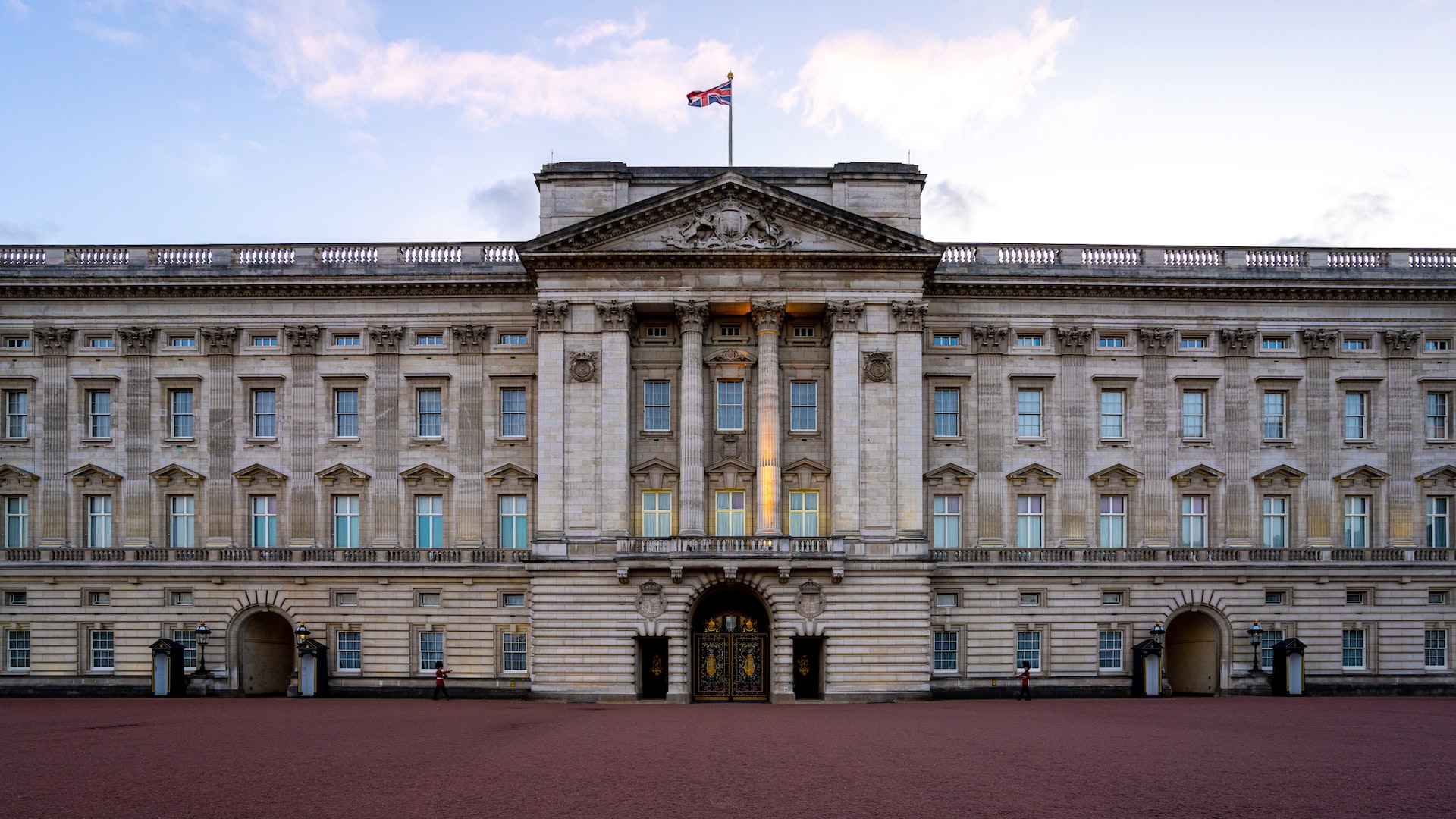
Comment Editor Weronika Białek discusses the Republican perspective on the Queen’s death, and the harsh response from the police force
Having reigned for over 70 years, the Queen was seen as an immortal, constant figurehead in Britain. Speculation on what would happen when the Queen died included such possibilities as a week-long bank holiday or even the apocalypse, but rarely did these conversations predict people being arrested for speaking out against the monarchy.
During the days following the Queen’s death, news websites were not only filled with homages to the Queen, but also with a worrying number of stories of people being arrested for expressing their opinions when it came to the crowning of King Charles III.
In Edinburgh, a woman who was holding up a sign saying ‘f*ck imperialism, abolish monarchy’ was arrested. She was charged with ‘behaviour likely to cause a person to suffer fear or alarm’ covered under a 2010 law. A man in Oxford was also arrested after shouting ‘Who elected him?’ when the proclamation of King Charles III’s ascension to the throne was read out. Thames Valley Police responded to this, saying that he ‘was arrested in connection with a disturbance that was caused during the county proclamation ceremony of King Charles III in Oxford. He has subsequently been de-arrested and is engaging with us voluntarily as we investigate a public order offence.’
Standing up for ‘their right to protest,’ activists have even decided to hold up blank pieces of paper as a form of protest. That activists should resort to this shows the extent of the censorship that they have recently experienced in the UK. Even more worrying is that a protester tweeted that he was confronted by a police officer who “confirmed that if [he] wrote “Not My King” on it, he would arrest [him] under the Public Order Act because someone might be offended.”
These arrests are shocking and alarming – criticism of the monarchy is not a new phenomenon that started after the Queen’s death. People in the UK have been debating the ethics of the royal family and the plausibility of having a monarchy in a democratic country for years. According to Ipsos polling, 21% of people would like Britain to become a republic, and according to YouGov data from their 2021 polls, 41% of 18-24 year olds think Britain should have an elected head of state. These statistics show that Republicanism is a growing movement in the UK, which should have just as much of a right to express its opinions as Monarchists. Because these conversations around the British monarchy are so prominent, the idea that people can be doing something illegal by expressing their opinion on the royal family seems like an attack on the democratic values of Britain.
“Republicanism is a growing movement in the UK
Tension over whether the freedom of speech and the right to protest are being subdued by the UK government has already been rising for the last few months, as the Police, Crime, Sentencing and Courts Act (PCSC Act) was passed earlier this year. Barrister and co-author of The Protest Handbook, Tom Wainwright, says that ‘it’s difficult to think of a piece of legislation other than the Human Rights Act which has enhanced the right to free speech, and there have been dozens that restrict it.’
The passing of the act has sparked the question of at what point a protest is “disruptive” enough to be illegal. The fact that someone can be arrested for shouting their opinion of the monarchy because it can cause “fear or alarm” discourages protesters from expressing their opinions; almost anything that you do in public can be described as disruptive or alarming to some, and therefore could conceivably get you arrested. The arrest of multiple people for holding signs or shouting as they speak up against the monarchy shows that the police are prepared to use the PCSC Act against political groups and protesters, even during peaceful protests.
“Almost anything that you do in public can be described as disruptive or alarming to some
I think making any disruptive or alarming behaviour illegal seems like the perfect vague way of deterring people from going out onto the streets to protest unjust systems, and therefore allows for the British government and monarchy to have more freedom and face less consequences for their questionable actions, as we have seen in the past couple of weeks.
For more student voices read the articles below:
Solidarity with Iranian Women is a Must for Feminism

Comments